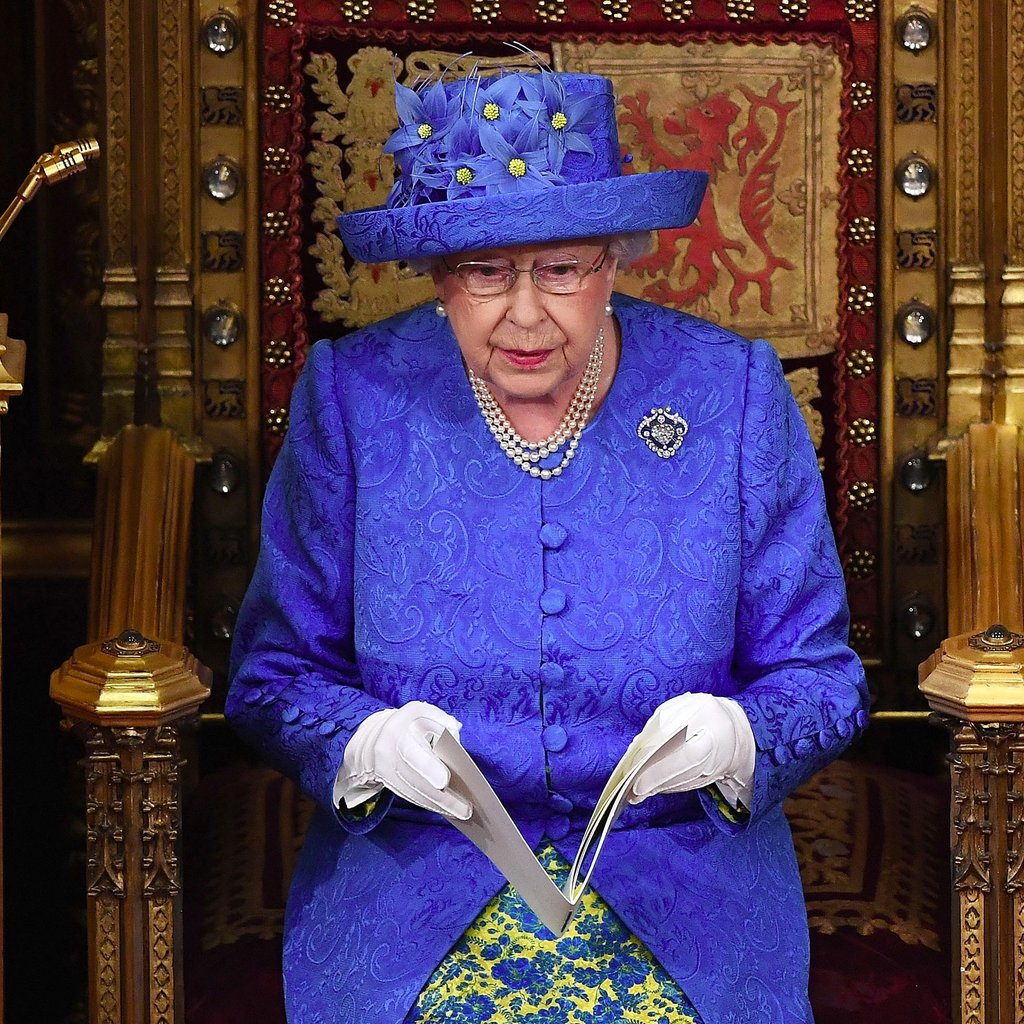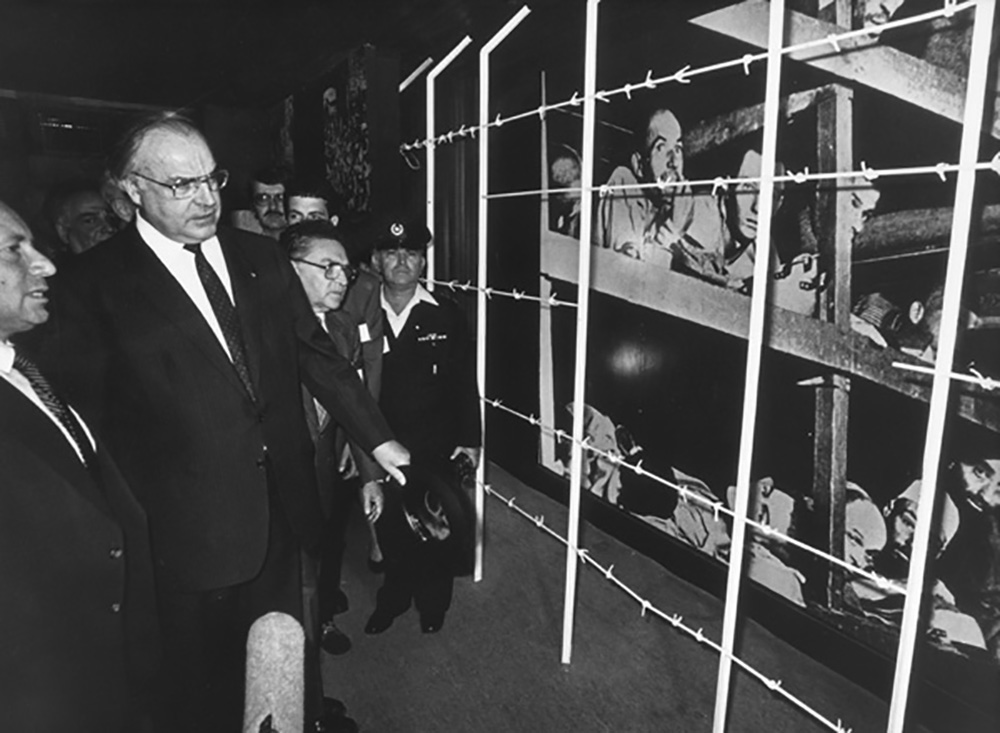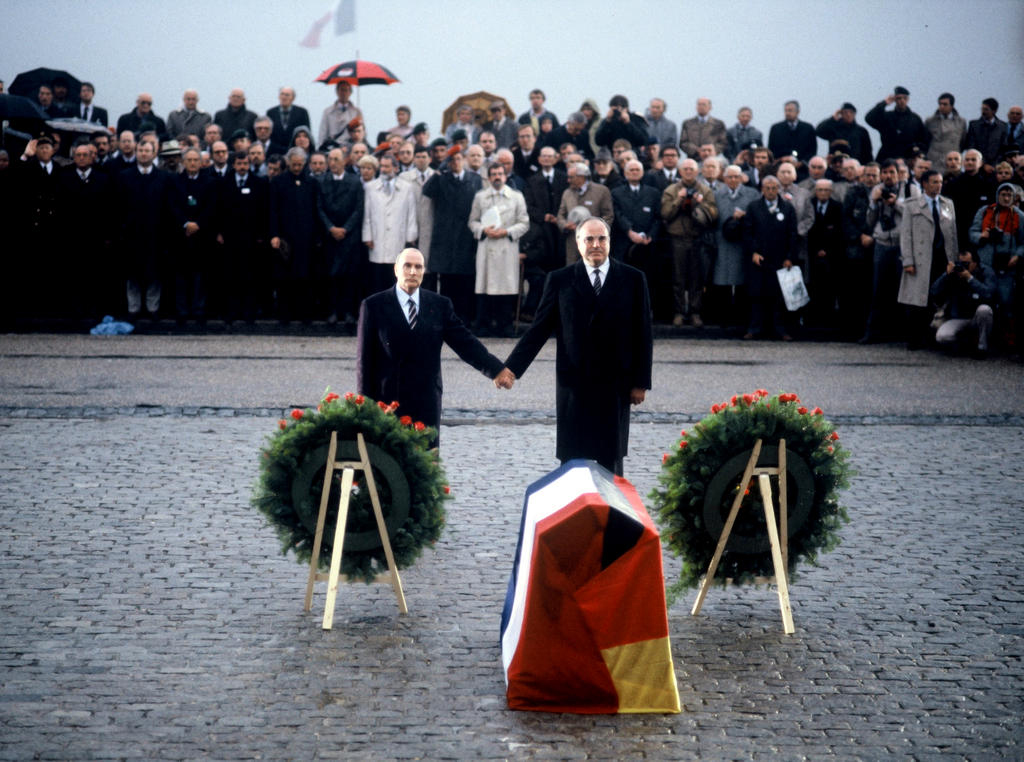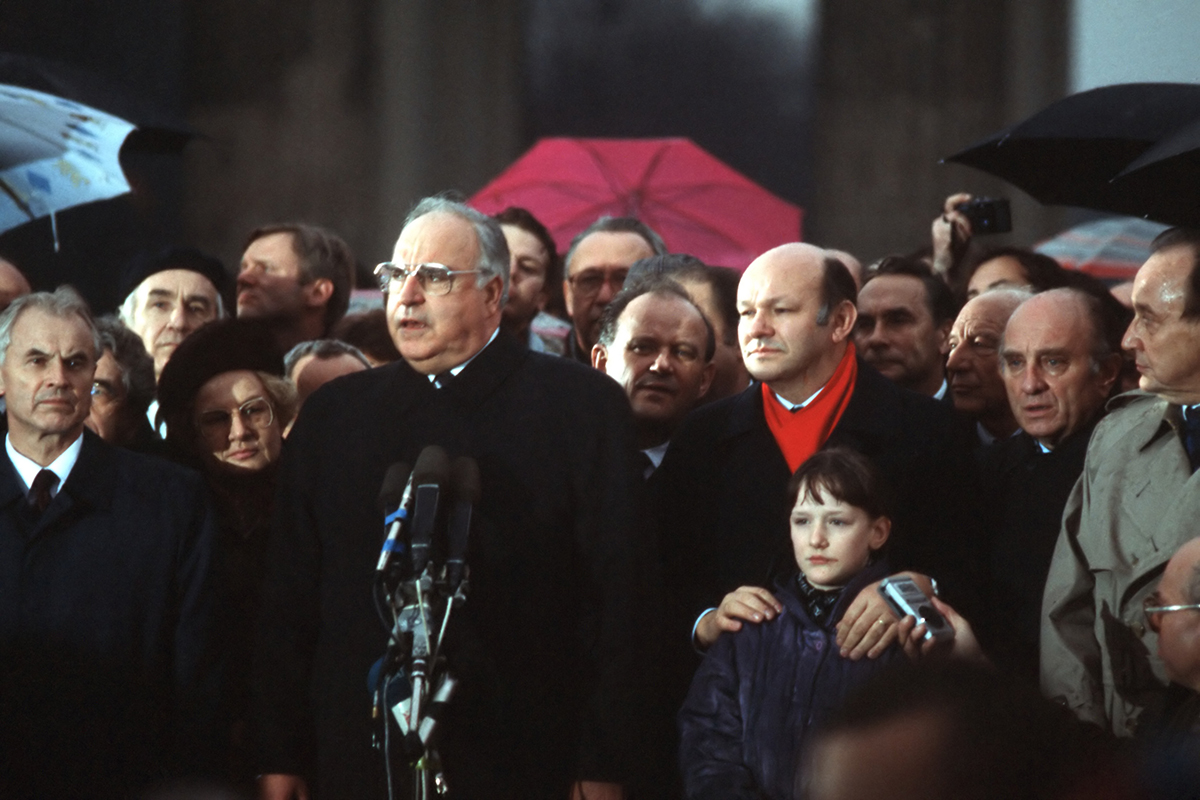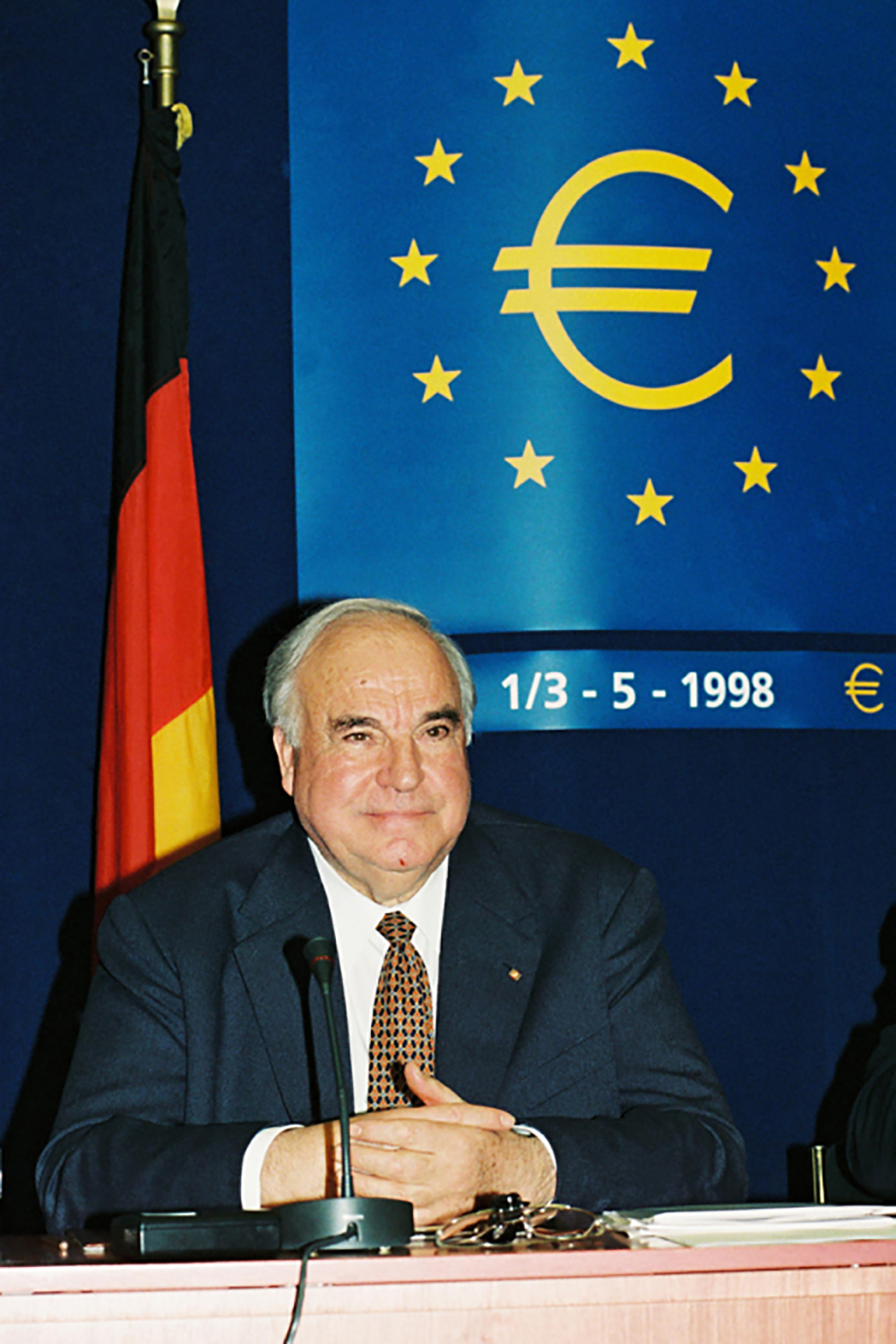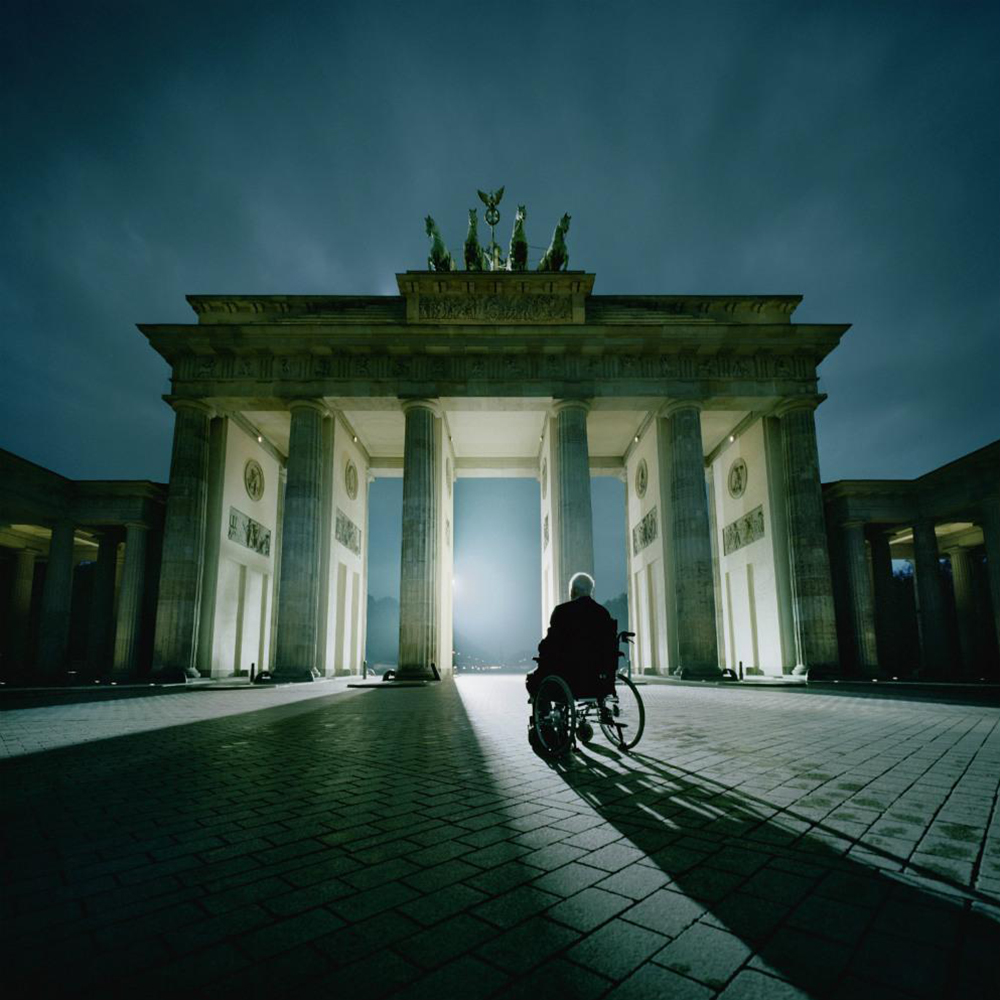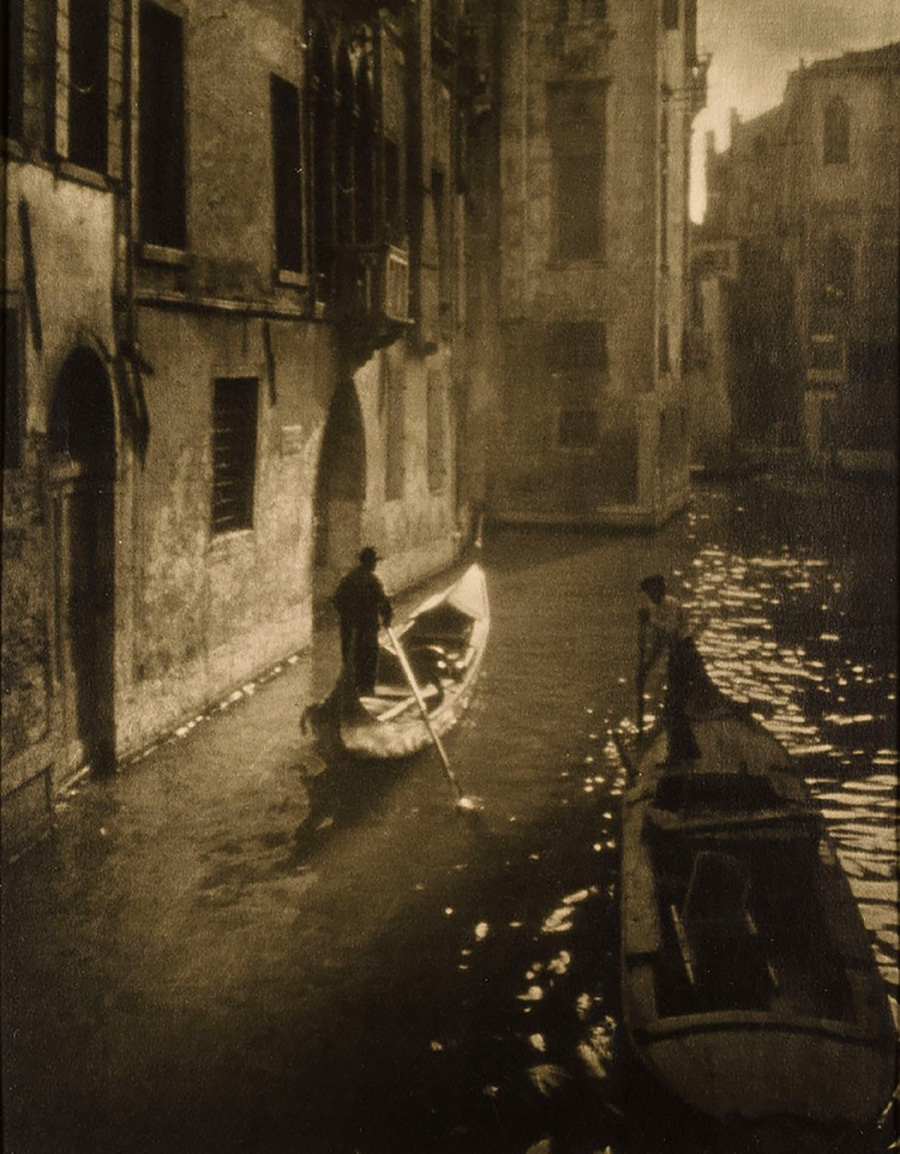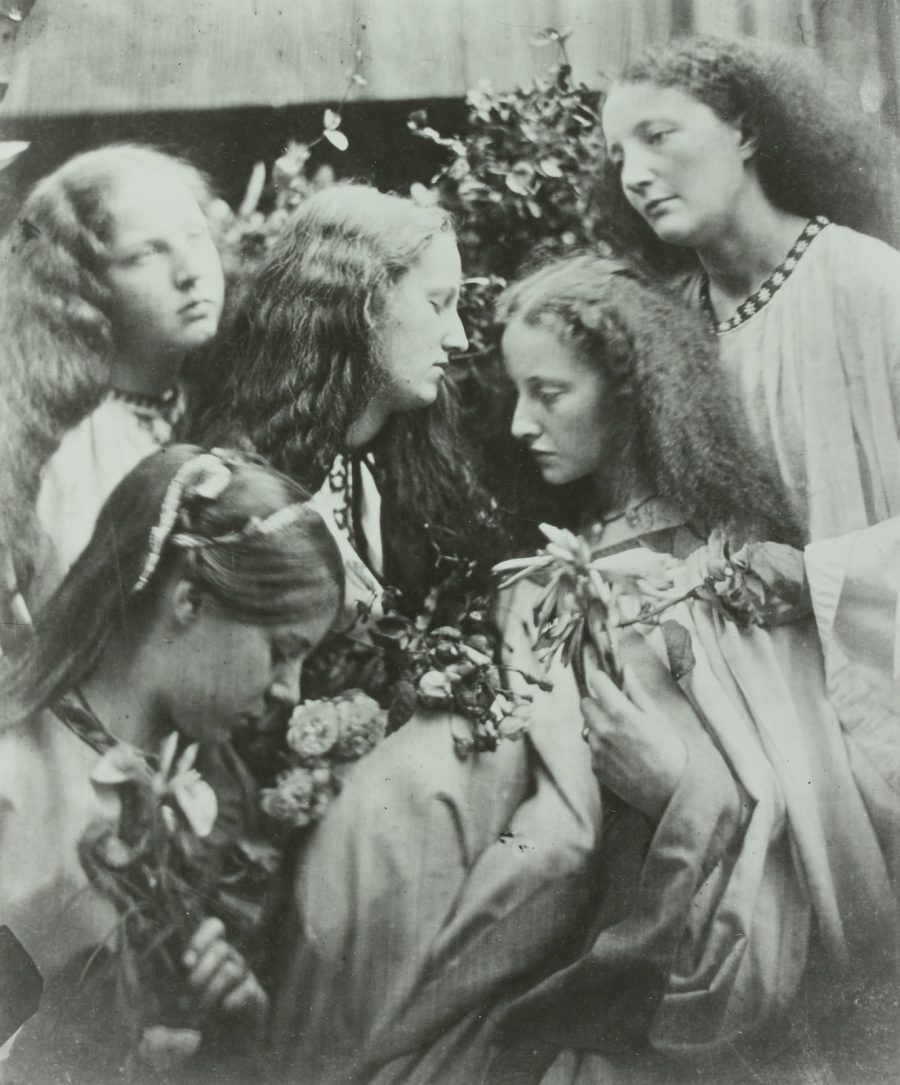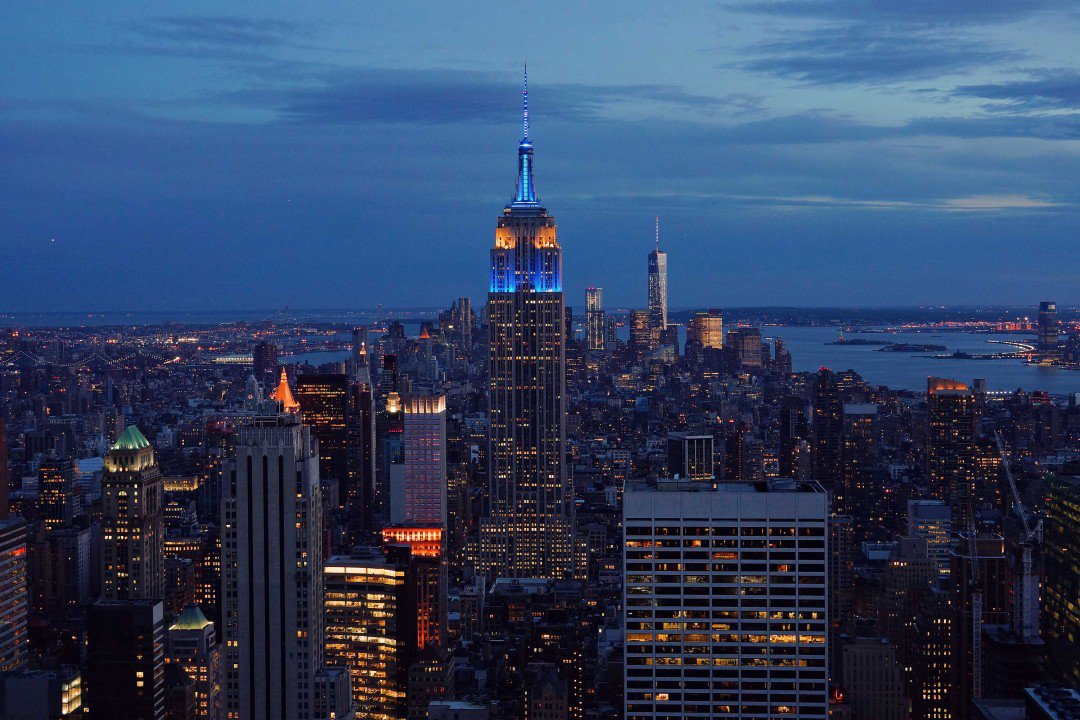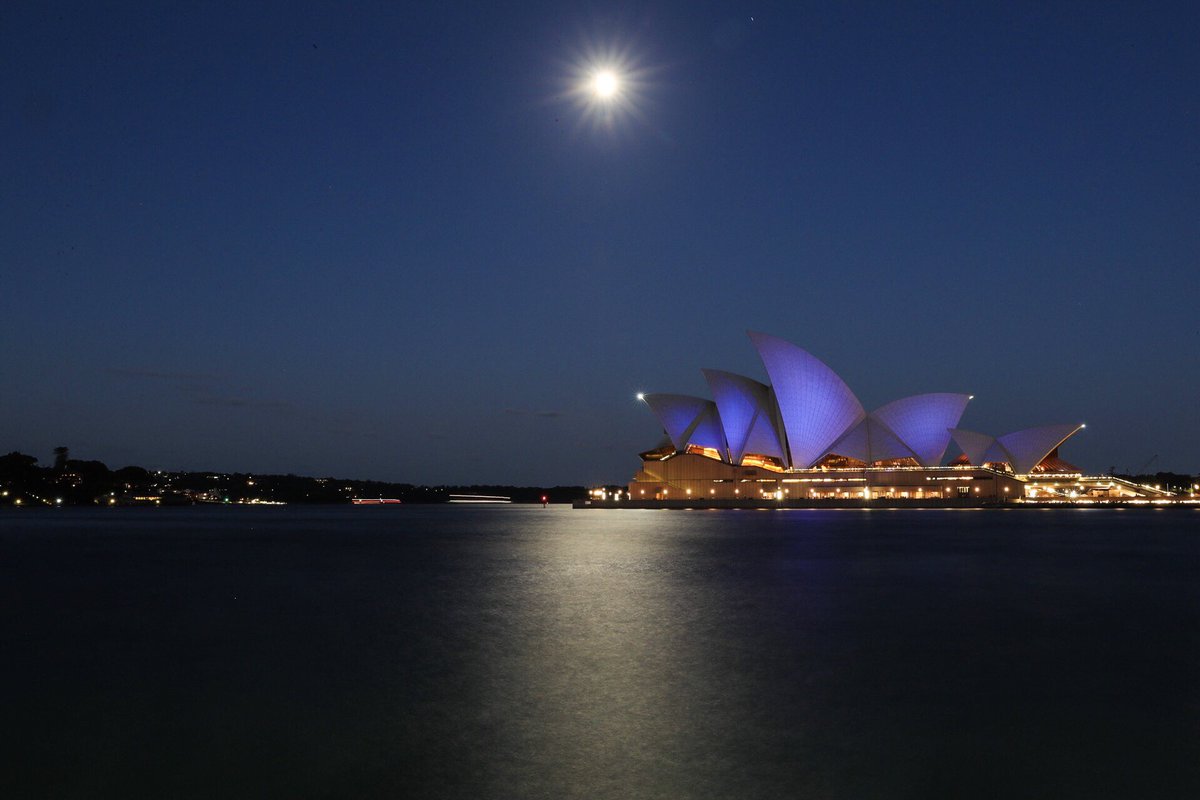L'origine della bandiera europea
Il giornalista Michael Hobbes racconta l'origine dell'emblema europeo, oggi universalmente conosciuto come bandiera dell'Europa, nato per volontà del Consiglio d'Europa negli anni '50.
Allora, dopo numerosi tentativi andati a vuoto, la scelta ricadde sulla proposta di Arsène Heitz, che sottopose l'idea di una corona di quindici stelle d'oro su di un drappo blu con una stella dorata al centro.
L'assemblea parlamentare del Consiglio d'Europa il 25 ottobre 1955 adottò l'emblema rimuovendo però la stella centrale.
La nuova bandiera fu esposta per la prima volta al castello di la Muette a Parigi il 13 dicembre 1955.
L'emblema venne in seguito adottato dalla Comunità Europea durante il meeting a Milano dei capi di stato e di governo nel giugno del 1985.
Nel 1992 la neo costituita Unione Europea con il trattato di Maastricht erediterà la bandiera dalle dodici stelle dal CE, divenuta nel frattempo il primo pilastro dell'Unione.
Sullo sfondo blu del cielo del Mondo occidentale, le stelle rappresentano i popoli dell'Europa in un cerchio, simbolo di unità... proprio come i dodici segni dello zodiaco rappresentano l'intero universo, le dodici stelle d'oro rappresentano tutti i popoli d'Europa - compresi quelli che non possono ancora partecipare alla costruzione dell'Europa nell'unità e nella pace.
(Consiglio d'Europa. Parigi, 7-9 dicembre 1955)




 Unione Europea
Unione Europea Norvegia
Norvegia Canada
Canada Stati Uniti d'America
Stati Uniti d'America Corea del Sud*
Corea del Sud*
